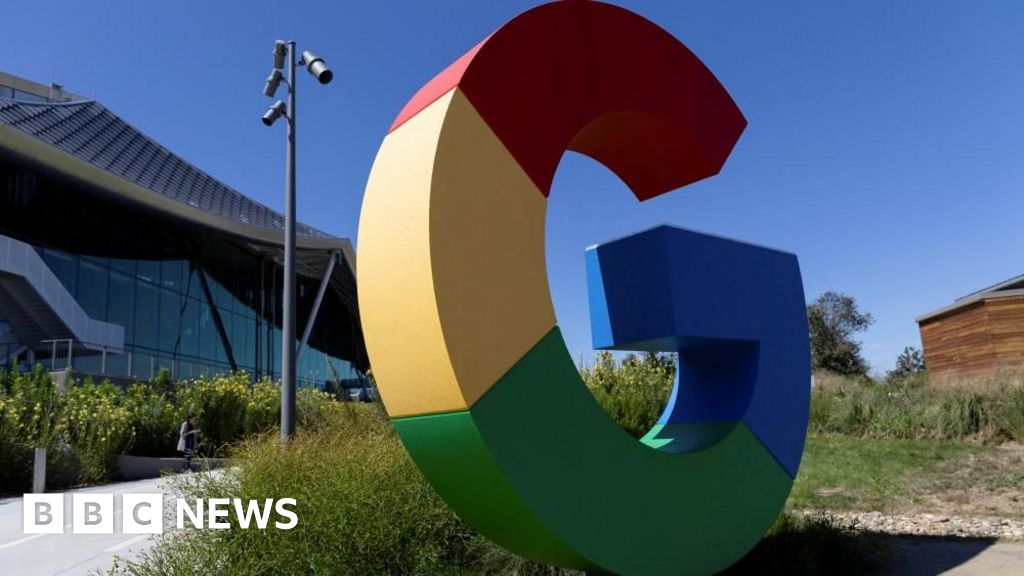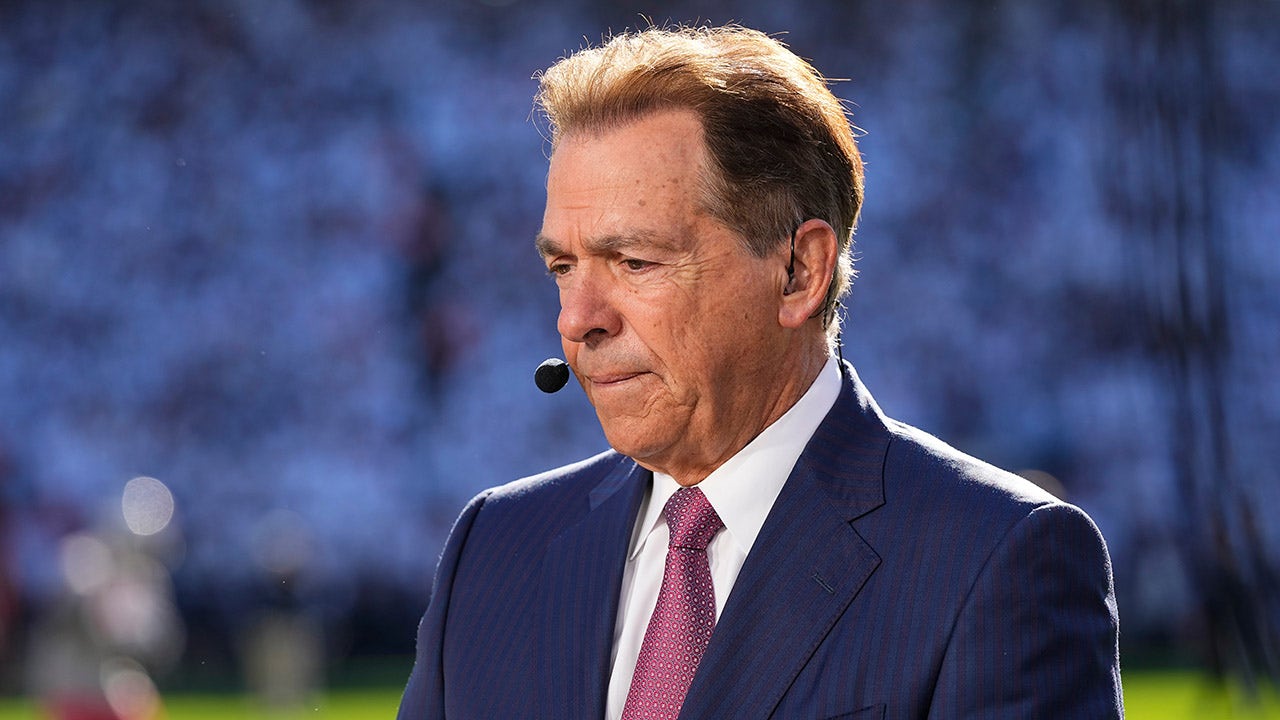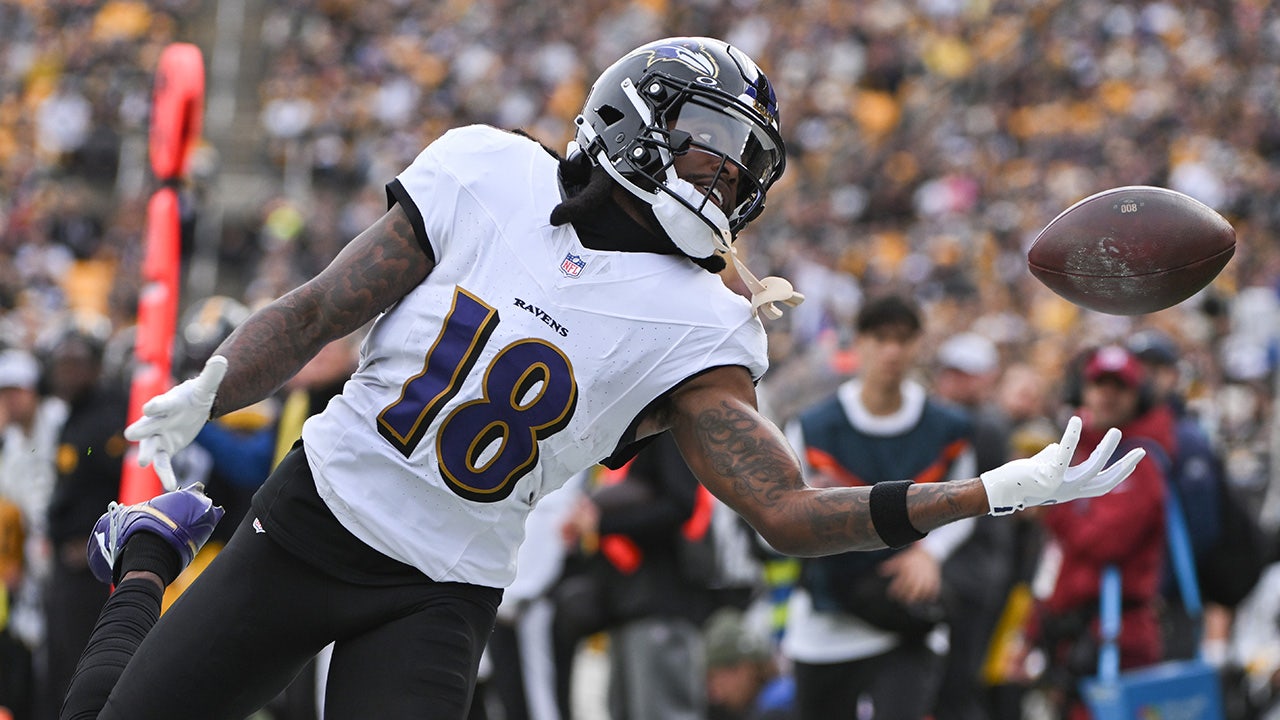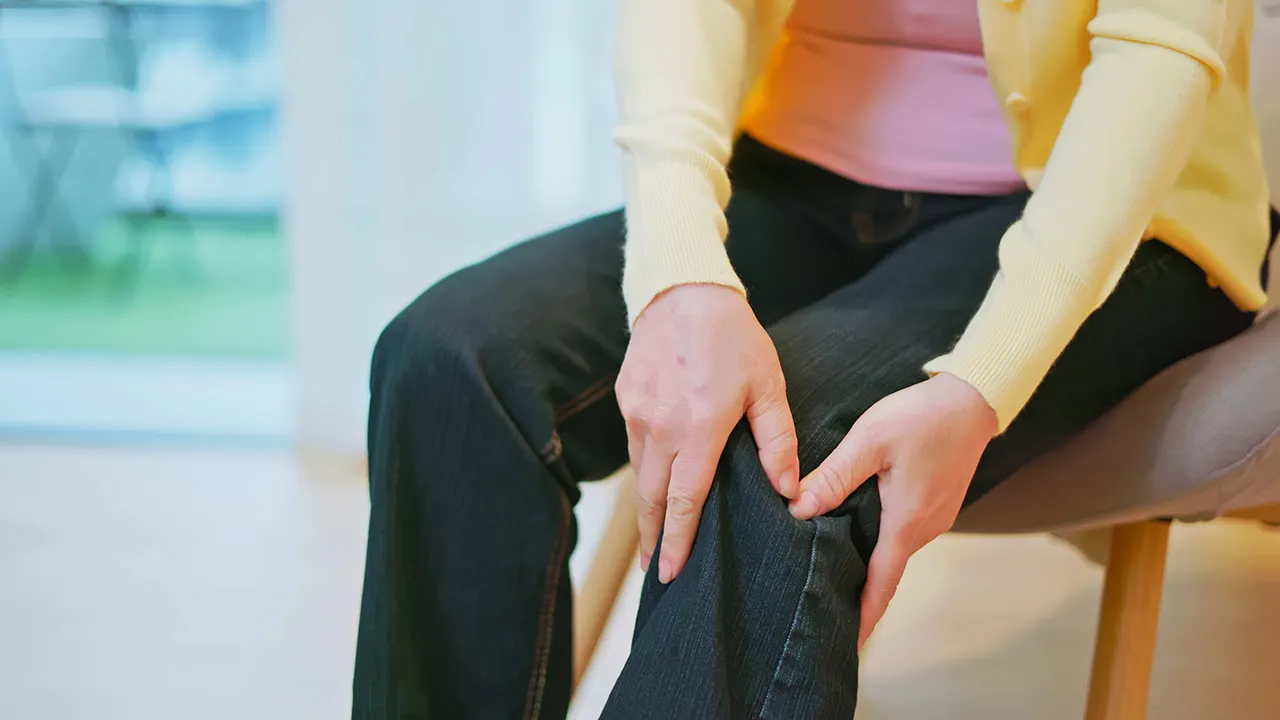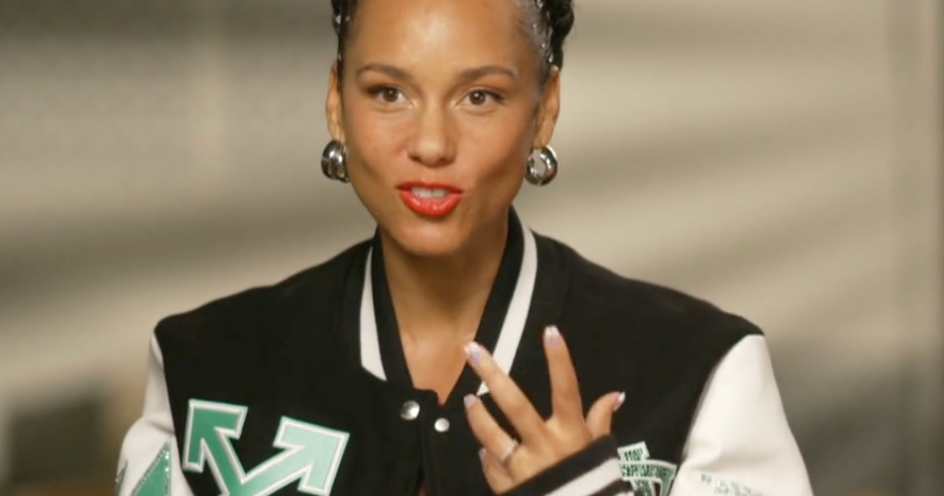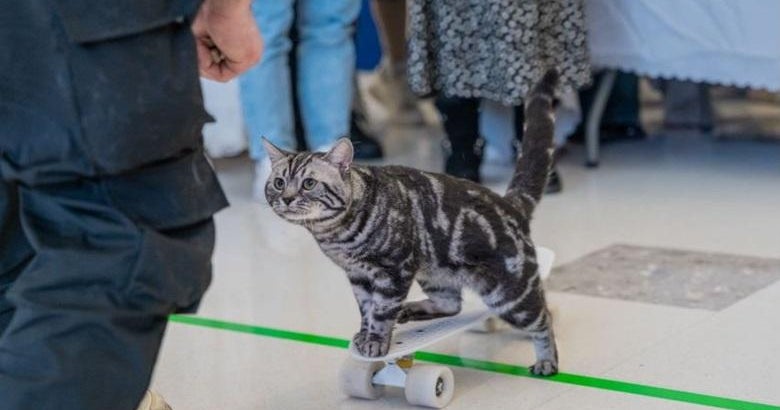Beyoncé fans had spent the day racing from store to store, searching for their first cowboy hat or pair of white cowboy boots. They brought out the denim jackets lined with silver fringe, the brown and white cow print skirts and the silver rhinestones to stud just above their eyelid.
Then on Friday night, they headed downtown to the famed strip of honky-tonks and bars on Lower Broadway in Nashville to listen to Beyoncé’s new album, “Cowboy Carter,” a tapestry of not only country music, but also contemporary pop music, funk and other genres.
“I’ve never seen so many people that look like me in cowboy hats in my life,” Nia Blair, 24, marveled, dancing in her own pair of new boots. She added, “one album did all this.”
There was no shortage of celebrations of the superstar’s new album this week: There were listening parties from Atlanta to Houston, a fan day at the Rock & Roll Hall of Fame in Cleveland and a seemingly endless stream of on-theme posts from brands and politicians.
But this is Nashville, where the iron gates of the country music business and its radio stations have fortified its brand as “Music City” with a history of minimizing the women and musicians of color who helped build its foundation or sought to expand its horizons.
It is also where some of its fandom and critics rebuffed Beyoncé’s performance at the Country Music Association Awards with the Chicks in 2016, a moment implied to be the catalyst for the creation of the album.
This party was different.
“Tonight is really just a message saying that we are here in Nashville,” said Dede Neahn West, who helped organize the listening party on the rooftop of Acme Feed & Seed, a refurbished farm store that now boasts four floors of music and events. “It’s just giving honor and celebrating, and celebrating our culture.”
Just over a week before the album was set to be released, Ms. West and Aaron Bell, a longtime Nashville producer and musician, began talking about putting together an event in the city to bring Black fans together to celebrate what many see as the triumph of the album’s artistry, the acknowledgment of the extra barriers musicians of color face and the promise of more to come.
“Being a Black person here — Broadway has nothing that reflects us,” said Mr. Bell, a D.J. who frequently performs as A.B. Eastwood and like others, said he has found a more inclusive space to perform at Acme Feed & Seed. “It was important to do it on Broadway.”
“Nashville, we love you,” he said, but, “we don’t have to wait on anybody to give us the OK.”
The release of the album has jolted the country music industry. But it has also created an exhausting and emotional whirlwind of attention for the legions of musicians, producers and artists who had already worked for years in Nashville to create a space for Black musicians in a genre they loved, some said in interviews.
“Beyoncé has brought us all together for this night alone, which we can be grateful for,” said Tanner Davenport, co-director of the Black Opry, which has given a platform to Black country and folk artists, including through a touring revue, since 2021. But he added, the reason he and others “stay in this area is because of the community that’s here.”
There is not yet an indication that the Nashville conglomerate of labels and executives has drastically changed its approach, particularly given its lasting dependence on terrestrial radio. That has left open questions about whether financial and institutional opportunities will come to other Black country artists, even as the initial songs from “Cowboy Carter” have broken country music records.
“The greatest opportunity that we have for change here is the fact that she’s exposed the idea of country music to a ton of people who now seemed more receptive to engaging with it — which the fact that they were not receptive is through no fault of their own,” said Holly G, the founder of the Black Opry.
She added, “I think what we have an opportunity for now is to build a fan base that can exist and thrive outside of these spaces that have not made us feel welcome.”
And the listening party on Friday, titled “Kinfolk,” was a signal that perhaps those fans could be drawn in.
On Friday night, past where bachelorette parties and tourists flocked to the rest of the famed strip of honky-tonks and bars owned by stars like Kid Rock, Jason Aldean and Luke Bryan, hundreds of people brought the rooftop at Acme Feed & Seed to its capacity.
A line of fans in fringe, denim and leather snaked through the floor below, as others crowded the rooftop, posed for photos with friends and listened to calls to buy more records and tickets for other artists. Attendees spoke about how this was the first country album they had listened to in its entirety, how it had prompted them to begin listening to other Black country artists or the joy they felt being surrounded by other Black country music fans.
“We’ve never felt comfortable even playing music — country music — on Broadway, but it’s nice to be here tonight with people that respect what we do and respect what we look like,” said Brandon Campbell, who performs with his twin brother, Derek, as the country duo The Kentucky Gentlemen.
To celebrate a Black woman’s country album on Broadway given a decade of challenging experiences in the city, he added, “is really big, mentally, physically, emotionally for us.”
Video of the 2016 performance at the Country Music Association Awards played on loop on televisions behind the bar, as bartenders served drink specials like The Bey-Hive, a discounted cocktail can, and Texas Hold’ Em, a whiskey sour made with whiskey from a Black-owned distillery in Nashville.
“It’s a lot of fun, and seeing the fact that people are actually willing to dress up and come out?” said MaKayla Stovall, 25. “It makes me feel a certain amount of pride, being Black and from the South.”
Brandon Robinson, 27, said, “I hate that she didn’t have a good time last time, so I’m glad that we can have a good time for her.”
When it was time to start playing the album, there was raucous applause, phones and studded cowboy hats held high into the night sky in time with the music.
And when two of the Black women featured on the album, Brittney Spencer and Reyna Roberts, appeared onstage together, the crowd roared. A woman in a cowboy hat and long white coat wiped away tears, as the two women sang along to their own harmonies on the album’s cover of the Beatles song “Blackbird.”
“This is incredible,” Ms. Spencer told the crowd before the next song began to play. “I love Black Nashville.”






